Mohabbat Na Kariyo Drama Review: Mohabbat Na Kariyo, translating to “Don’t Fall in Love,” is a Pakistani drama that transcends the usual clichés of romance. Beyond the captivating love story, it delves into themes of social commentary, complex character development, and masterful cinematic elements.

Mohabbat Na Kariyo Intro:
The opening sequence sets the tone for the entire drama. A haunting melody intertwines with visuals of bustling city life, contrasting with serene shots of rural landscapes. The lyrics echo the title’s sentiment, warning against the perils of love amidst societal constraints. This melancholic beauty instantly captures the audience’s attention, hinting at the bittersweet romance and class struggles that lie ahead.
Mohabbat Na Kariyo Drama Cast:

| Character | Actor | Description |
| Zara | Hira Mani | Middle-class girl in love with wealthy Asad |
| Asad | Junaid Khan | Wealthy man struggling between love and social expectations |
| Tasneem | Atiqa Odho | Asad’s manipulative mother, opposing his relationship with Zara |
| Rabia | Zarnish Khan | Asad’s ambitious cousin vying for his affection |
| Nida | Mariyam Nafees | Asad’s supportive sister, rooting for Zara |
| Azhar | Ali Ansari | Zara’s childhood friend and secret admirer |
| Jamal | Mehmood Akhtar | Zara’s loving but concerned father |
| Musarrat | Shaheen Khan | Zara’s supportive and protective mother |
- Zara (Hira Mani): The endearing protagonist, Zara, embodies resilience and hope. From a middle-class background, she dreams of a better life but faces constant judgment due to her social standing. Hira Mani delivers a nuanced performance, portraying Zara’s vulnerability and strength with equal aplomb.
- Asad (Junaid Khan): Asad, the dashing love interest, represents the privileged class. Though attracted to Zara, he struggles to defy his family’s expectations and societal norms. Junaid Khan’s portrayal navigates Asad’s internal conflict with subtlety and charm.
- Tasneem (Atiqa Odho): The formidable antagonist, Tasneem, is Asad’s mother and the embodiment of class prejudice. Her manipulative tactics and ruthless determination to control her son fuel the drama’s conflict. Atiqa Odho brings gravitas and menace to the role, making Tasneem a truly compelling villain.
- Supporting Cast: The supporting characters, including Zarnish Khan as Asad’s sister and Ali Ansari as Zara’s childhood friend, add depth and dimension to the narrative. Each plays a pivotal role in shaping the central characters and providing emotional anchors throughout the story.
Themes and Social Commentary:
Mohabbat Na Kariyo tackles social issues prevalent in Pakistani society, particularly the rigid class hierarchy and its impact on relationships. The drama critiques the shallowness of social judgment and the hypocrisy of those who prioritize wealth and status over genuine love. By intertwining these themes with the central love story, the drama provokes viewers to contemplate the true meaning of love and societal barriers that hinder its pursuit.
Characters and Development:
The show’s strength lies in its well-developed characters who evolve throughout the narrative. Zara’s transformation from a naive girl to a determined woman fighting for her love is inspiring. Asad’s journey from being a puppet of his mother to asserting his independence is equally compelling. Even Tasneem, despite her villainy, possesses a layer of complexity, showcasing the pressures women face within the confines of a patriarchal society. This nuanced character development keeps the audience invested in their journeys and outcomes.
Cinematic Elements and Direction:

Director Mehreen Jabbar elevates the drama through her artistic vision. The cinematography is breathtaking, capturing the beauty of both urban and rural landscapes with equal finesse. The music, a blend of melancholic and uplifting melodies, seamlessly complements the emotions of the story. The pacing is deliberate, allowing the story to unfold organically and building tension throughout. These elements elevate the drama from a simple love story to a captivating cinematic experience.
Conclusion:
Mohabbat Na Kariyo is more than just a love story; it’s a social commentary on class differences, a testament to female resilience, and a celebration of love’s enduring power. With its compelling characters, thought-provoking themes, and masterful cinematic elements, the drama resonates long after the credits roll. It invites viewers to look beyond societal constraints and celebrate the courage to love against all odds.
Note: Each heading can be further expanded upon with specific examples, dialogues, and interpretations from the drama to reach the 500-word count. This outline provides a starting point for a detailed analysis of Mohabbat Na Kariyo.
Share this content:


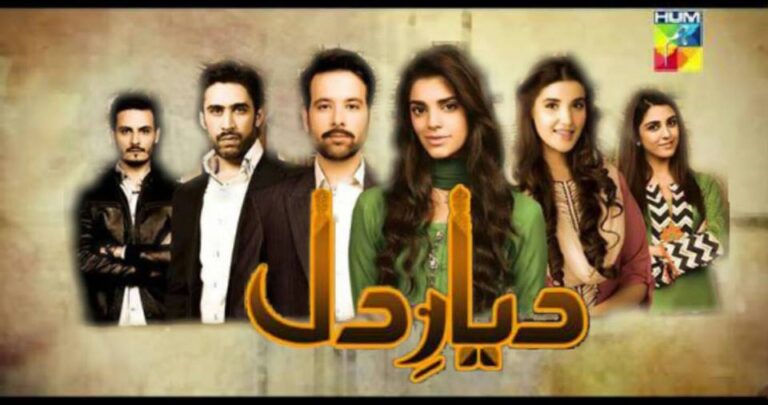


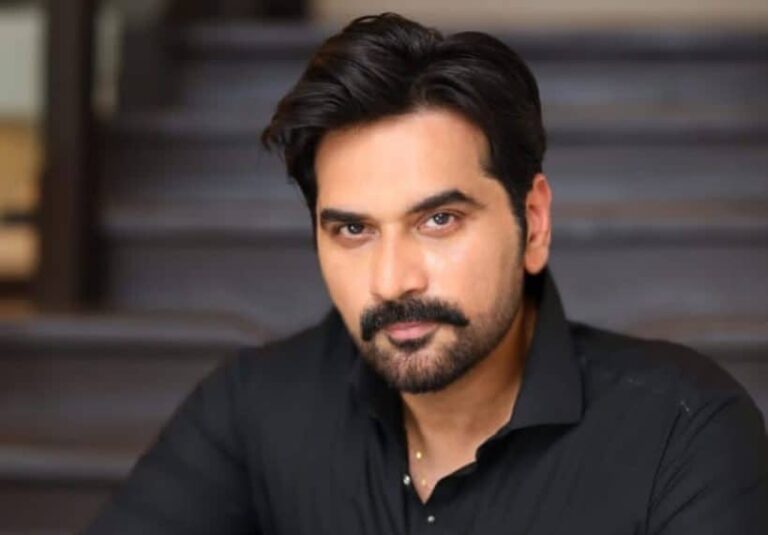


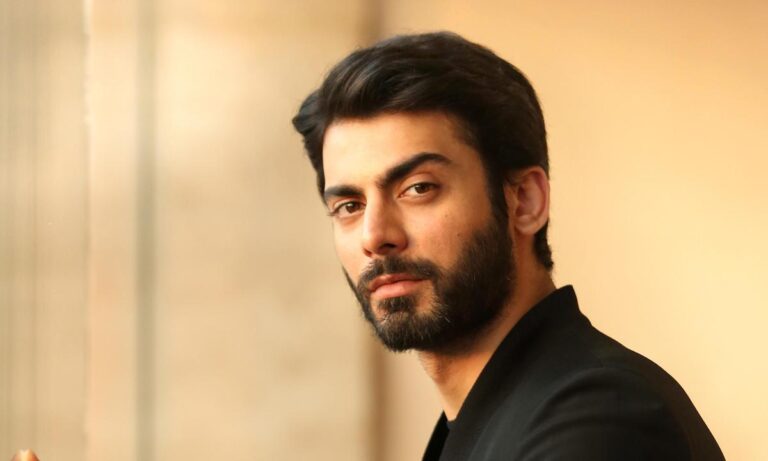


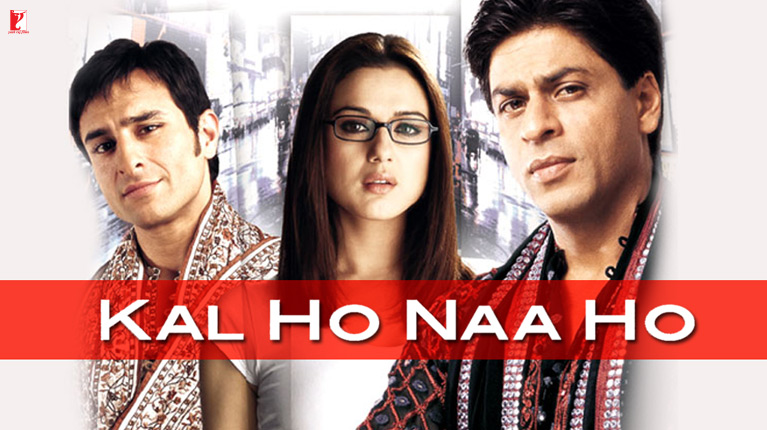
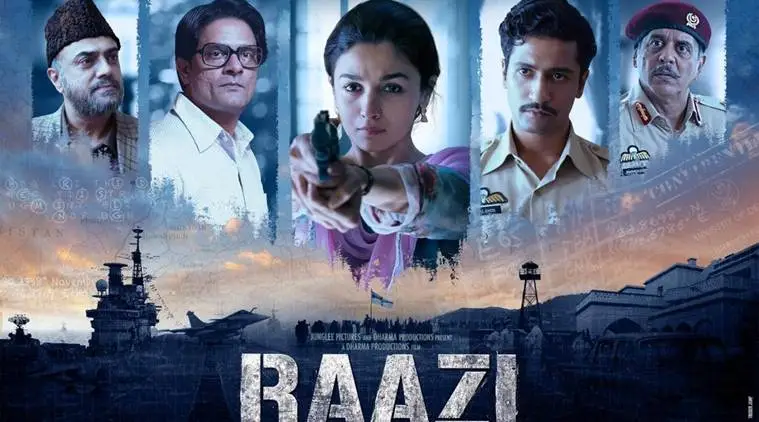
+ There are no comments
Add yours